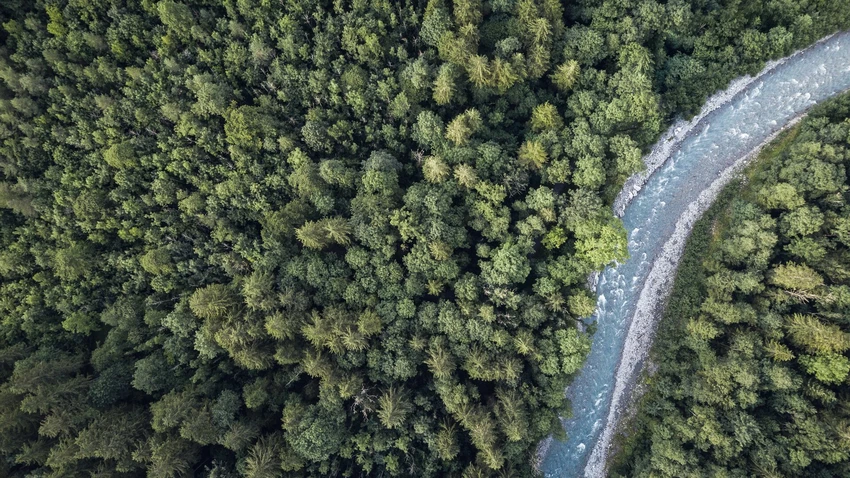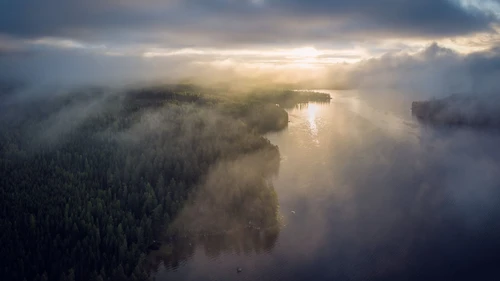You’ve joined several recent biodiversity-related events with our corporate clients. What are the biggest challenges or concerns you’re hearing from them around biodiversity?
Companies face new disclosure requirements in the EU under the Corporate Sustainability Reporting Directive (CSRD). How to quantify dependencies and impacts on biodiversity and ecosystems is new to many, and the methodology is less mature than, for example, for greenhouse gas emissions, given the vast complexity of ecosystems. How to quantify the associated risks and opportunities and address the findings is a big challenge, also for Nordea.
On top of that, companies need to start incorporating the full value chain. One big question is how to access the data and insights to widen your risk and opportunity assessment to cover the value chain, which could include thousands of suppliers. Smaller companies will also be affected by the disclosure requirements as the larger companies turn to them for information. Having good supplier dialogues will be crucial.
How are companies tackling the challenge?
Many companies in the Nordics have been working with their impacts on nature by addressing factors like water use, pollution and waste in their operations for a long time. Now, it’s a matter of widening the scope to also include the direct impacts on biodiversity and ecosystems and to start incorporating the value chains, where the main risks are found for many companies. Guidance is being developed, for example in the Taskforce on Nature-related Financial Disclosures (TNFD).
What’s on your radar in the coming year in this area?
National biodiversity strategies and action plans are being developed, which will be presented at the end of this year or in 2025. They should help clarify how global targets in the “Paris Agreement for Nature” are translated into country targets. Together with national implementation of EU regulation on nature, these plans will shape the context in which companies will have to work. We also expect the B2B focus on nature-related topics to increase, as part of risk management but also in terms of seeking opportunities. We’re eager to support and engage with our clients, to partner with them in this transition.
What’s a book, podcast or documentary on sustainability that you think everyone should check out?
I highly recommend the BBC’s excellent series, Planet Earth with Sir David Attenborough, to be amazed by the wonderful world we live in as well as for inspiration to work on halting and reversing the loss of biodiversity and ecosystems.




